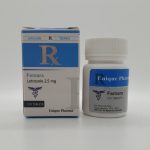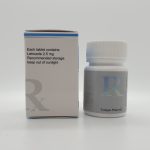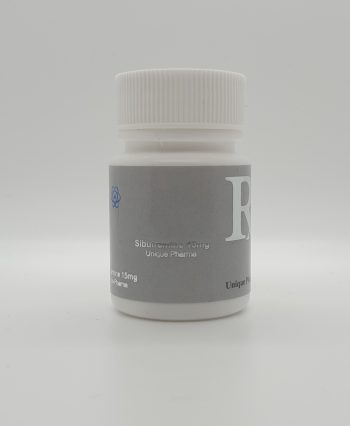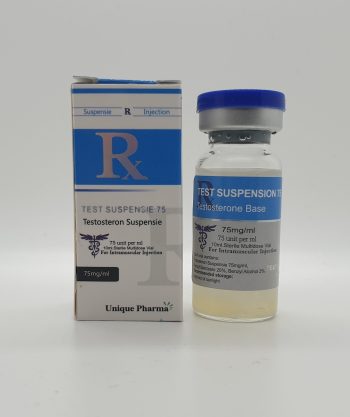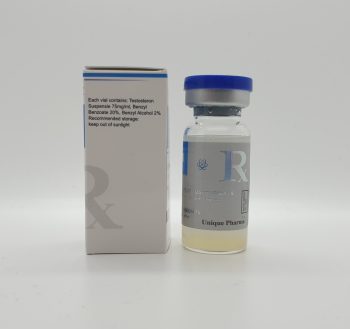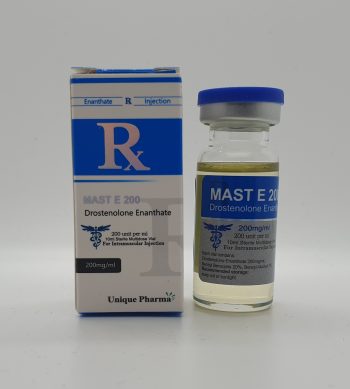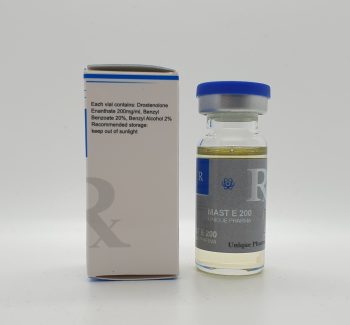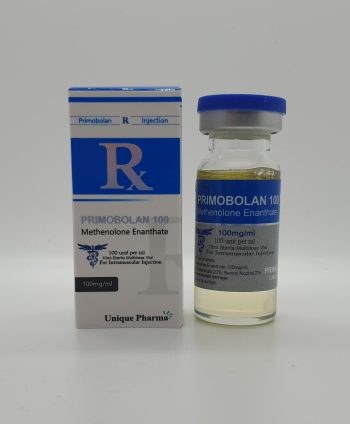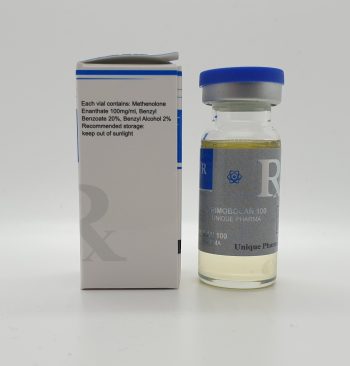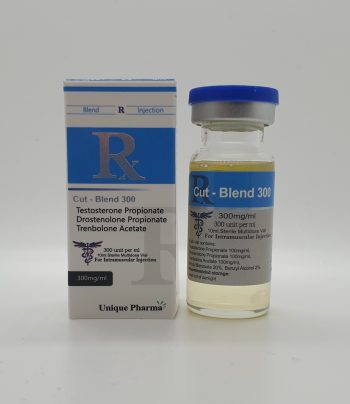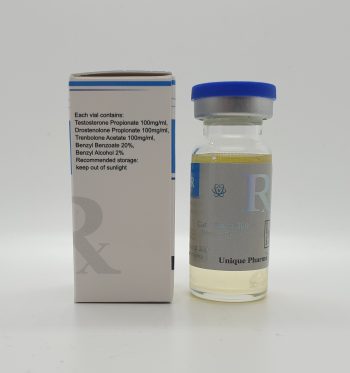Femara (letroless) 2.5 by UNIQUE PHARMA®
- Levering & Retourneren
Verzenden
Wij verzenden onze producten discreet en veilig via reguliere post binnen Europa.
Na ontvangst van de betaling versturen wij de bestelling uiterlijk de volgende werkdag.
Levering binnen Nederland: 1 tot 3 werkdagen
Levering buiten Nederland: 3 tot 7 werkdagen
- Een vraag stellen
€ 39,95
What exactly is Femara and how does it work?
Femara is a prescription drug used to treat the symptoms of breast cancer. It is only available by prescription. Femara is a medicine that can be used alone or in combination with other treatments.
Femara is a medication that belongs to a class of medications known as antineoplastic agents, aromatase inhibitors. It is not known whether Femara is safe and effective when administered to adolescents.
Letrozole has different effects on men.
Letrozole is an anti-estrogen belonging to the subclass of aromatase inhibitors, a class of anti-estrogens (AIs). The aromatase enzyme, which is responsible for converting androgens into estrogens in the body, is inhibited by this medication (this is called aromatization). In the case of testosterone, methandienone (Dianabol), Boldenone (Equipoise) and nandrolone (Deca-Durabolin) the body converts testosterone into estrogen. Because of this, men have side effects that are considered feminine and therefore undesirable. The most undesirable of these side effects is undoubtedly gynecomastia, which refers to the enlargement of breast tissue in men (male breasts). Men take letrozole to prevent the aromatization process, which lowers estrogen levels and increases testosterone levels,
The following are some of the likely negative effects of Femara.
Femara can cause serious side effects, including:
hives,
have trouble breathing, and
Swelling of the face, lips, tongue and neck are all signs of menopause.
If you experience any of the above symptoms, seek medical attention immediately.
The following are the most commonly reported side effects of Femara:
bursts of heat,
Warm or red feeling around the mouth and chest
headache,
dizziness,
weakness,
pain in the bones
musculoskeletal or joint discomfort
swelling,
arrive,
sweating more than usual, and
increased levels of cholesterol in the blood
Tell your doctor if you experience any side effects that are bothersome or that do not go away on their own.
Femara may cause a number of other side effects not included here. You can find out more by talking to your doctor or pharmacist.
Consult your doctor for medical advice about side effects.
applications:
This medicine is used to treat specific types of breast cancer in postmenopausal women, including hormone receptor positive breast cancer. It is also used to prevent cancer from returning. Some breast cancers are accelerated in their growth by a naturally occurring hormone known as estrogen. Letrozole works by reducing the amount of estrogen produced by the body, which helps to stop or reverse the progression of certain breast tumors.
Femara should be used in the following ways:
You should read the Patient Information Leaflet issued by your pharmacist before you start using Letrozole and each time you buy a refill. If you have any questions, ask your doctor or pharmacist.
If you take this medication by mouth, you should take it once a day, with or without a meal, or as directed by your doctor.
The amount of medication you receive will be determined based on your medical condition and response to treatment.
To get the best effect from this drug, it should be used regularly. Take it at the same time every day to make it easier to remember.
Effects on the body:
Nausea, diarrhea and dizziness are common side effects, as are hair loss, joint/bone/muscle pain, exhaustion, unusual sweating, nausea, diarrhea and trouble sleeping. If any of these side effects persist or worsen, talk to your doctor or pharmacist as soon as possible. as soon as possible.
Keep in mind that this medication has been recommended by your doctor because he or she has determined that the benefit to you outweighs the risk of side effects. The majority of people taking this medicine have no significant side effects.
In case you experience serious side effects such as broken bones, mental/emotional changes (such as depression or anxiety), swelling of the arms or legs, blurred vision, persistent nausea or vomiting, unusual tiredness, dark urine or yellowing of the eyes or skin, contact your doctor immediately.
This drug (as well as cancer) can cause rare but serious problems due to blood clots (such as heart attack or stroke). If you experience any of the following symptoms: sudden shortness of breath, pain in the chest/jaw/left arm, confusion, coughing up blood, sudden dizziness/fainting, pain/swelling/warmth in the groin/calf, tingling/weakness/numbness in the arms /legs, difficulty speaking, weakness on one side of the body, changes in vision, or a sudden/severe headache, seek immediate medical attention.
It is extremely rare for this drug to cause a life-threatening side effect. However, seek medical attention as soon as possible if you experience any of the following symptoms of a significant allergic reaction: rash, itching/swelling (especially of the face, tongue, throat or neck), extreme dizziness or difficulty breathing.



